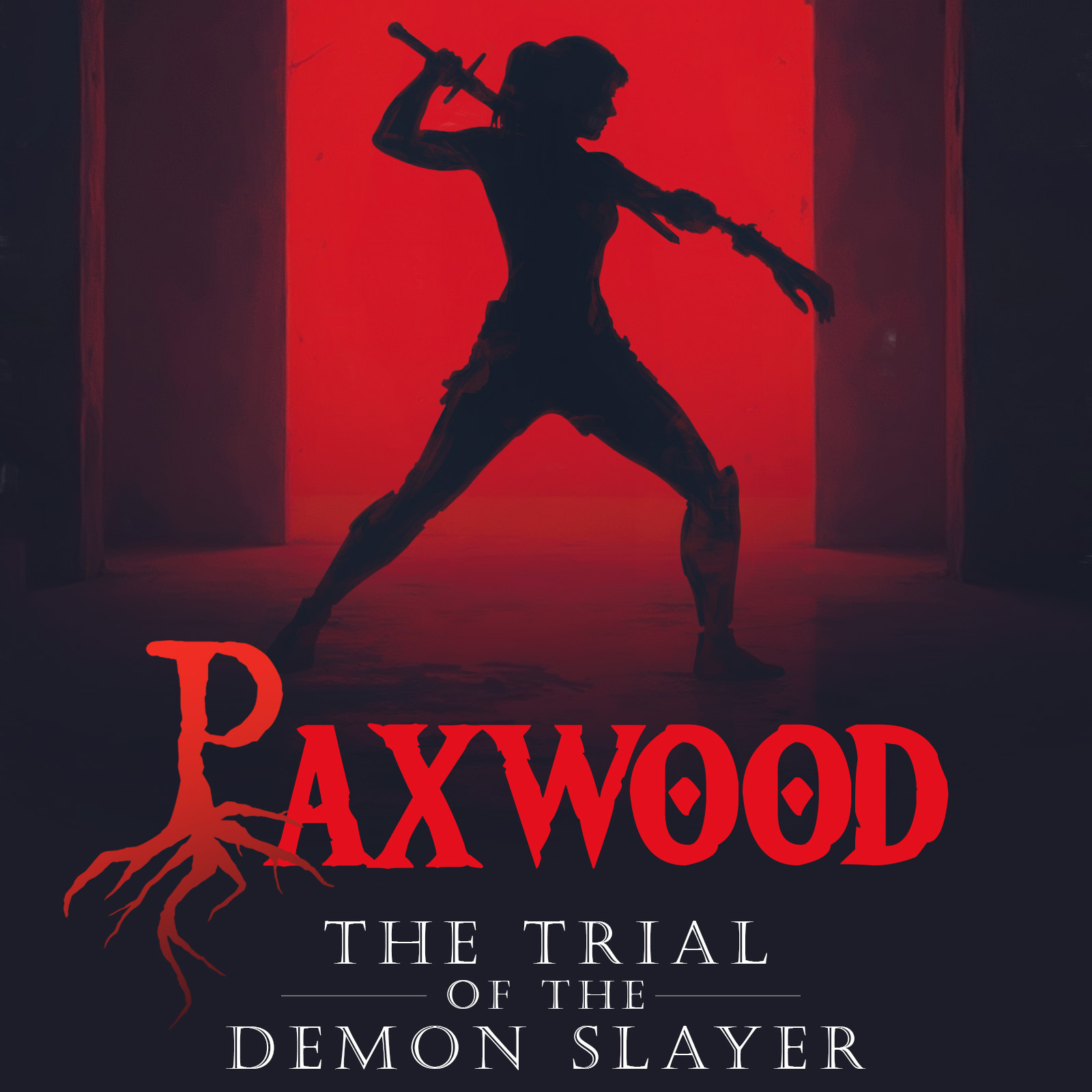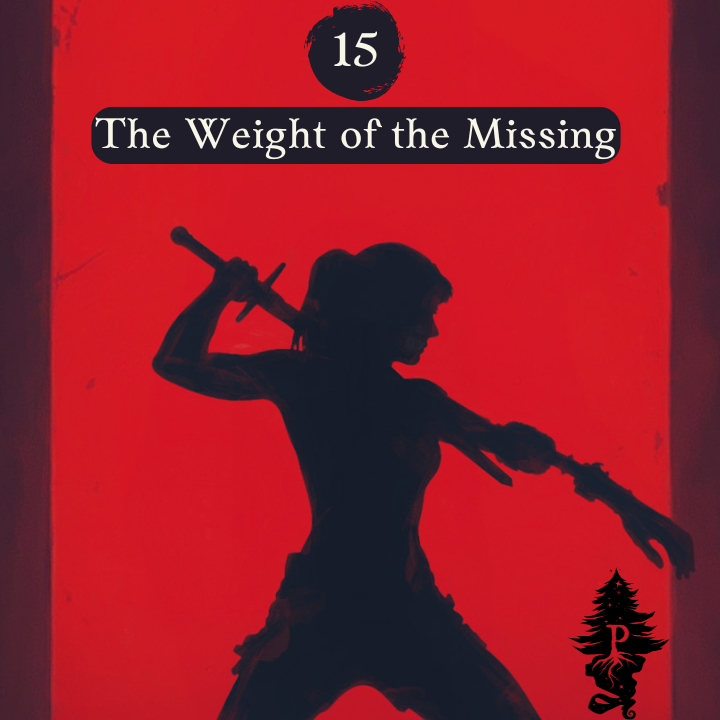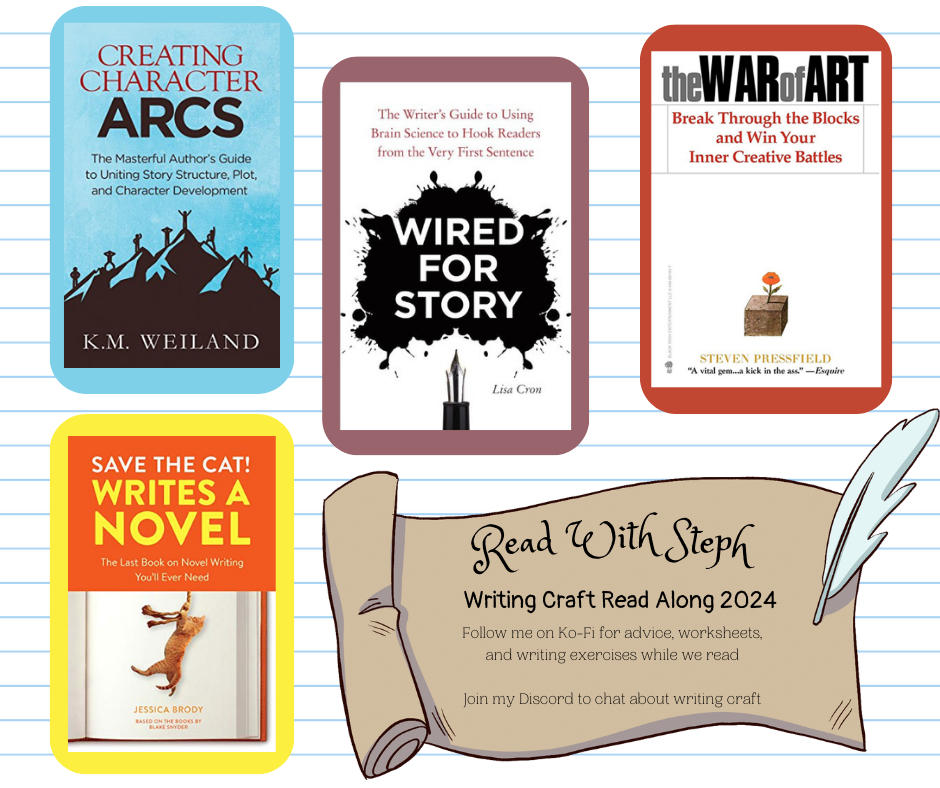Link to this week’s free read-along worksheet
As I read this week, I thought about the purposeful management of time. In Finding Flow, Mihaly Csikszentmihalyi underscores how important our time is: “Over the years, the content of experience will determine the quality of life. Therefore one of the most essential decisions any of us can make is about how one’s time is allocated or invested.”
Granted, we can’t always choose exactly how we use our time. Csikszentmihalyi and his researchers have found that humans spend somewhere between 24-60% of our waking time each day on productive activities like work, 20-42% on maintenance activities like bathing and chores, and 20-43% on leisure activities. Notice that range in the percentage? The exact amount varies person to person, and it’s shaped by the circumstances of our lives more than our own individual choices. Women across many societies, for example, are expected to cook and do the dishes and laundry even when they’re working outside the house, so women tend to spend a higher percentage of time spent on maintenance activities, which can leave them time for leisure compared to the men in their lives.
Csikszentmihalyi writes, “So, while the main parameters of life are fixed, and no person can avoid resting, eating, interacting, and doing at least some work, humanity is divided into social categories that determine to a large extent the specific content of experience. And to make it all more interesting, there is, of course, the matter of individuality.”
No one chose the circumstances of their birth. No one can control every single demand or pressure placed on our time. We can’t conjure up more time in a day. We can, at least, assert some individuality, though. We can decide how we treat the time we’ve got.
As Pressfield dives into his concept of going pro, most of what he has to say feels aimed at becoming a successful by tapping into a capitalist (or at least capitalist-adjacent) mindset. Even if you’re not trying to work full time on the creative project of your heart, the attitude of a professional can still provide some insights.
For example, Pressfield lists ten ways that we’re already pros if we’re an adult in a capitalist society we need a job to survive. Whether your creative act is your full-time career, your side hustle, or your free time passion, three things popped out to me in this reading: We show up to work, we master the techniques necessary to do the work, and (in a healthy world) we separate our personal identity from our work.
Showing Up
When it comes to that productive work we adults have to do daily, Pressfield writes, “We might do it only because we have to, to keep from getting fired, but we do it. We show up every day” (69).
When something is a distraction, a hobby, a little bit of stress relief, we’ll only show up if it feels good to do that thing. The second it gets hard, we’ll walk away. It was true when I was ten playing video games on a Sega Genesis, I got stuck, and I wandered off to do something else. It’s true now that I’ll bake when I’m in the right mood, but I could never find the resolve to run a bakery. (Shout out to Samantha if she’s reading this!)
If we view our creativity through a professional lens, we’re reclassifying the way we view the time we spend pursuing creativity.
If I approach the ten minutes I have to get some writing done in a given day with the attitude that it is leisure time, I’ll drag my feet, do some other leisure activity, or prioritize a chore that needs to get done because those dishes in the sink are piling up again. Maybe the writing happens. Maybe not. It was just leisure, anyway, so it can slide.
If I give that ten minutes the same weight I give my day job, I’ll spend something like two of the ten minutes daydreaming or chatting with a writing accountability friend (because those researchers also found we spend about 4-15% of our time at work talking to coworkers and daydreaming), and the other eight I’ll get stuff done. I’ll show up for it, even if it’s only ten minutes–and I’ll often stay at work longer than those ten minutes once the ball gets rolling.
Pressfield gives two particular examples of embracing the misery of work and moving forward anyway. On page 68, he describes the way that his time in the Marine Corps taught him to take pride even in miserable work. On pages 71 and 72, he recounts the box office failure of the screenplay he wrote along with Ronald Shusett. I know from my day-to-day teaching that any lesson can and will go awry. We’ve all had bad days at work. Sometimes, the bad adds up enough that we do actually look for greener pastures, but often we learn to accept the bad as par for the course, put our heads down, and keep working anyway.
That’s showing up to work—but showing up to work doesn’t mean burning the candle at both ends.
If you’ve got a regular job, you might work around five days a week, around eight hours a day. You’ll have sick days where you just can’t work, and vacation days where leisure comes first. Showing up to the work, even if the creative work has got you stumped, frustrated, miserable, doesn’t have to mean sacrificing your health or relationships. It’s more about consistently putting in the time and refusing to avoid your creative work even in the face of failure.
Mastering the Techniques
Pressfield gets more into this in the chunk of Book 2 that we’ll be reading in a couple of weeks, so I won’t dive too deep right now. For now: When you view your creativity as a professional pursuit, you’re willing to invest more energy in learning how to improve.
Separating Ourselves
We all know at least one person who takes their job or passion a bit too seriously and allows it to become their entire identity. If the job is going well, they’re happy. If their beloved sports team has a terrible season, everything else around them suffers. They’re afraid of failure–maybe even so afraid that they aren’t ever going to take a single risk on that creative passion of theirs.
Pressfield writes: “We may take pride in our work, we may stay late and come in on weekends, but we recognize that we are not our job descriptions” (70).
Every single human being is so much more than what they do for work. The total of even an entire life’s work of creativity could never encapsulate every creative person. Especially when something requires as much passion as a creative pursuit does, it’s vital to remember that the creative part of you is only one slice of a bigger picture.
I love Kiki’s Delivery Service—even if I couldn’t put it into words the first time I watched the classic Ghibli film. When Kiki loses her self-confidence in being a witch and can’t do magic any more, she doesn’t recover her witch magic by learning something about witches that she didn’t already know. She spends time with ordinary humans, hears them talk about their perspectives, their passions, and their failures. She sees these people keep going despite the mistakes. You don’t have to be perfect, she realizes. She finds confidence in who she is as Kiki, flaws and all. Then, with that tentative confidence in herself first and foremost, she finds her magic again.
Our creativity is part of us, but it isn’t all of us.
The Value of Playing for Money
At the end of this week’s reading, Pressfield emphasizes something you might already realize if you know anything about trying to pursue creativity full time: “The payoff of playing-the-game-for-money is not the money (which you may never see anyway, even after you turn pro)” (73).
It’s another bitter pull to swallow, knowing that creative pursuits are rarely profitable. Every time I look at the data collected on author royalties, research the concerns of creative individuals in any industry, tune into social media, the financial outlook over time is grim to say the least.
So, then, playing the game for money is more about “the lunch-pail mentality, the hard-core, hard-head, hard-hat state of mind that shows up for work despite rain or snow or dark of night and slugs it out day after day” (74).
It’d be so easy to try to dismiss Pressfield’s assertion that going pro is the defense against self-sabotage as too extreme if I focused only on the war-is-hell, be-proud-of-your-misery, do-the-work parts of his advice. It’d be easy to read that last quote and say, “Oh, he must be saying you’re only going to be successful if you deny your personal needs and work 24/7.”
But, nope, that’s not it. In Pressfield’s earlier description of what it feels like to be a writer (pages 65-67), the last portion describes how a writer, like a hunter, returns to their family at the end of the day. There’s time for faith, love, humor, and rest.
This whole idea of going pro as a shield against Resistance isn’t about the grind. It’s not about quitting your job and writing full time. It’s not actively seeking out ways to make yourself more miserable.
I do the work with the time I have. I strive to value the work and the time with the correct weight and priority level within my day. When that time is over for the day, I rest. No guilt. No shame. No room for sabotage.
Next week’s reading covers patience, order, preparedness, and other aspects of a professional mindset. I look forward to hearing your thoughts and sharing mine!

Stephanie Gildart weaves tales in writing and crochet. As a child growing up near Seattle, she checked out so many books that she memorized her library card number. She received her MA/MFA from the Simmons University Center for the Study of Children’s Literature in Boston. When she isn’t writing or teaching English, she loves to crochet amigurumi dolls of fantasy creatures, play tabletop roleplaying games and board games, and sing.




 Read Paxwood
Read Paxwood
